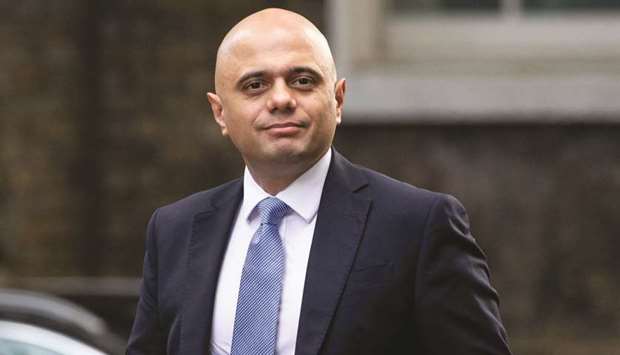British children born in Pakistan have to wait for six to 12 months to get their passports, when the children born to British parents in the US and Australia wait for just eight to 10 working days, data obtained under a Freedom of Information (FOI) request shows, indicating widespread discrimination against the Pakistan-born children.
The data, released under the Freedom of Information Act 2000 (FOIA), was obtained through a FOI request by Mohamed Amjad, director of a specialist immigration practice, Legal Rights Partnership, following complaints from parents of excessive delays and apathy shown by the British High Commission and Her Majesty’s Passport Office.
The Foreign and Commonwealth Office (FCO), responsible for managing and operating British embassies and consulates abroad, was asked to explain the wide disparity in times taken for issue of passports to British children born in Pakistan, compared with British children born in Australia and the US.
The results of the FOI request are startling and appear to indicate clear direct or indirect discrimination against British citizens of Pakistani origin.
Figures show that in 2017, the average time taken to issue a British passport to a child born in Pakistan was 125 working days, approximately six months.
In 2018, the average time taken was 96 working days.
In the same period for Australia and the US, the average time was between just eight and 10 working days.
Passport applications were processed far more quickly for British children born in Australia and the US despite the number of applications in those countries being significantly higher than the number of applications made in Pakistan, in the same periods.
The FOI results reveal that 1,399 applications were made in 2017 for children born in Pakistan; last year, the number of applications for children born in Pakistan was 1,632.
In the same period, 4,711 child applications were made in 2017 from Australia, and 3,638 applications in 2018.
For the same period, 5,375 applications were made in 2017 for children born in US, and 4,267 applications made last year.
Amjad said that there is absolutely no legal justification for this level of delay in dealing with the British passport applications for children born in Pakistan.
“If anything, it appears that the delays are unlawful and discriminatory. A British citizen is a British citizen irrespective of where they are born and what their origin is,” he said. “However, the practical reality seems to be different given the disclosure.
“British passport applications are simple, straightforward applications, and the only issues that need to be determined are whether the British parent is a British citizen … and that the child is related to the British parent as claimed.
“In terms of the first question, the British parent’s nationality certificate or UK birth certificate will conclusively prove this issue.
“In terms of the latter issue the child’s birth certificate should be sufficient.
“There is also a presumption in common law that a child born in wedlock is the child of the husband.
“Therefore, provision of the child’s birth certificate and the parent’s marriage certificate should be more than adequate.”
Amjad, who runs law a firm in Reading, said in the case of Pakistani applicants, the Passport Office tends to request an endless and wholly irrelevant list of documents which only appear to be demanded to delay and obfuscate.
“As a result of all this, families are being kept apart, and most significantly British children are being deprived of the benefits of their citizenship.
“This is something that the Home Secretary (Sajid Javid) should be looking into, especially given he is of Pakistani origin himself, and also something that the Pakistani authorities should be taking up with the UK Passport authorities,” said Amjad.
As part of his FOI request, the immigration lawyer also asked whether there had been any changes in procedure and requirements for documentation in the light of reliability of the National Database and Registration Authority (NADRA) database and the independent verifications that can be conducted.
“Despite the NADRA database being one of the world’s largest and most comprehensive biometric databases, the UK authorities have not reviewed any of their policies in light of the availability of those records,” Amjad said. “Overall, the manner in which passport applications for children born in Pakistan are dealt with appear to be unlawful and discriminatory, and that is something that representatives of the Pakistani community should collectively be taking up with the UK authorities.”
International / Pakistan
UK govt discriminating against British children born in Pakistan, says lawyer

UK Home Secretary Sajid Javid: himself a Briton of Pakistani origin.
